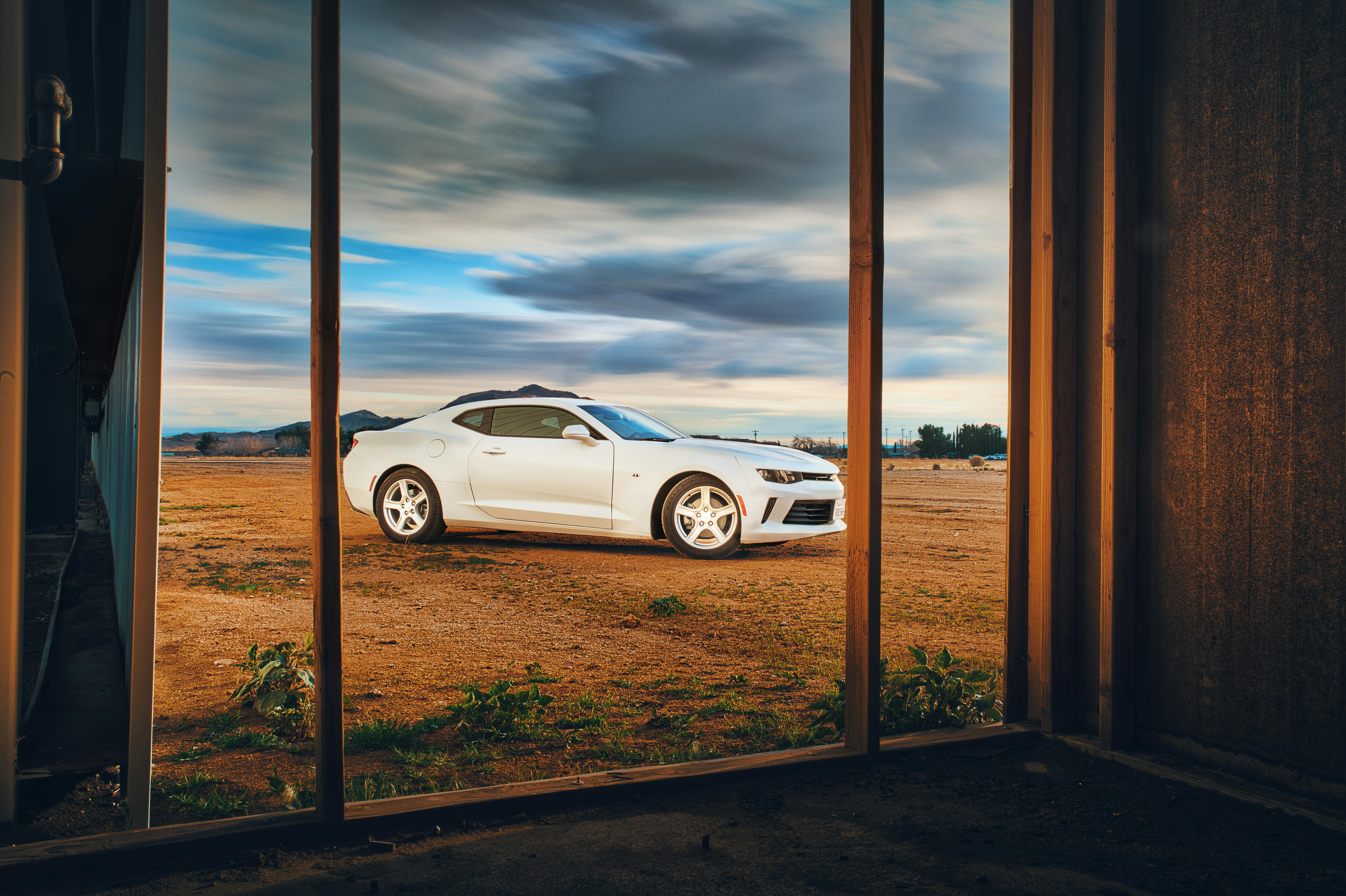Can you extend the life and mileage of your car’s exhaust and muffler system?
However, most car owners don’t give a minute to their vehicle’s exhaust system. That is until they hear a loud popping, exhaust hissing, or rattling noise coming from the back of their car or truck. On top of that, there are health and safety concerns from exhaust fumes. You can almost bet that by the time they get to that point, they’ll be hit with a big bill for muffler or exhaust system repair. Is there a way most motorists can extend the life and driveability of their exhaust and muffler system(s)?
Basically, you put together your car or truck’s exhaust system that includes the exhaust manifold, muffler, connecting pipes, and in some cases, a resonator. Any car made in the last 30 years will definitely have a catalytic converter you can bet. Single exhaust configurations use a single tailpipe exhaust manifold, muffler assembly, and an exhaust pipe that extends just below the rear bumper, while a dual exhaust system configuration uses two tailpipes. exhaust and a muffler assembly together with two resonators, two exhaust pipes. Each assembly is connected to its own exhaust manifold and carries the exhaust gases to the rear of the vehicle.
The useful life of mufflers and pipes is highly dependent on the type of service in which the vehicle is used. If driven mostly in stop-and-go city traffic with few trips exceeding five miles, you can bet the muffler will soon rust, have a shorter lifespan, and the car owner will visit their local mechanic in their garage or at your dealer service center. Since the installation of mufflers and exhaust systems is specialized work, many workshops, as well as car owners, often carry out the work in workshops and workshops that specialize in the repair and replacement of exhaust systems and mufflers.
The reason for such a short muffler life is that on short trips, mufflers and pipes will never get hot, let alone hot enough to evaporate moisture in the system, which ultimately causes rust to steel metal components. mufflers and exhaust systems. This moisture not only adheres to the metal components and is the cause of oxidation, but also caused it to be highly acidic and corrosive, mixing with the remains of exhaust gases and leftover residues from the combustion process of the combustion engine. internal. As a result, the pipes and mufflers soon corrode and need to be replaced.
If the car is driven mainly on long, higher mileage trips, or mainly at good speeds on highway trips, then, conversely, the mufflers and pipes to which it is connected will soon become hot enough to simply evaporate this moisture, similar to how a hot car does. the kettle boils the water. Consequently, the corrosive action (ie oxidation and rust formation on the metal parts and surfaces of the muffler) will be slowed down and retarded. Consequently, your vehicle will have its muffler and exhaust system last longer and have a longer lifespan.
Interestingly, it appears that mufflers and pipes used on a single exhaust system will generally last longer than dual muffler installations because all of the hot exhaust is forced and passes through a single pipe, which is the single muffler. . As a result, on a single muffler system, temperatures generally reach a higher value sooner rather than later. Therefore, corrosive moisture has a better chance of heating up and evaporating into the atmosphere with less chance of it remaining on metal surfaces and components to do its oxidizing job.
The general rule of thumb from experienced auto mechanics and car dealer service drafters is that mufflers and pipes should be replaced before they completely rust, because if there is any leak in the system, the exhaust gases are poisonous and harmful to health. they will escape into the vehicle where they can potentially cause death to occupants and passengers or a serious accident if the driver is affected by exhaust fumes and fumes.
